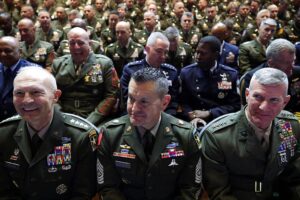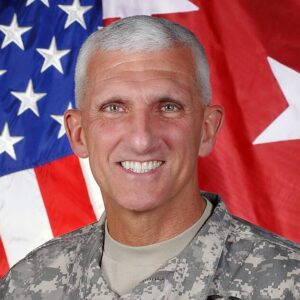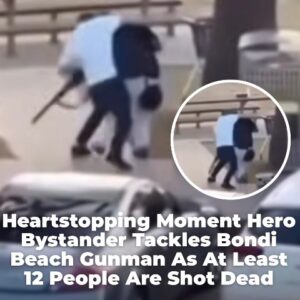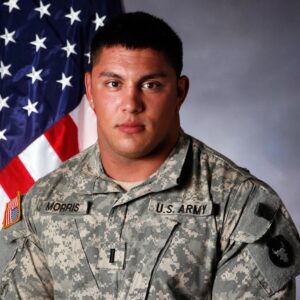Hundreds of generals and admirals were told to fly into Virginia on September 30 for a sudden, poorly explained gathering—an order that pulled senior leaders from Europe, the Middle East, and Asia and immediately sparked rumors of looming cuts or firings. The anxiety didn’t ease when word spread that Donald Trump would also address the crowd.
When the meeting finally opened at Marine Corps Base Quantico, Secretary of War Pete Hegseth outlined his plan for the force in blunt terms. He railed against what he called “woke” practices, singled out grooming and fitness standards, questioned women in certain combat roles, and took aim at “overweight generals and admirals” at the Pentagon, while dismissing diversity initiatives associated with the previous administration. The tone drew instant backlash from attendees and observers alike—one defense official later said it felt “more like a press conference than briefing the generals,” adding it “could have been an email.”

Beyond the rhetoric, critics zeroed in on the decision to concentrate so many top officers in one place at a publicly known time, calling it an unacceptable security risk. As one former senior defense official put it, the event was “a waste of time” for leaders with pressing operational demands, and “an inexcusable strategic risk” in exchange for “an inane message of little merit.”
Trump’s own remarks ranged widely, including a reprise of his line about “two N words” (the second being “nuclear”), but the meeting’s lasting shock came from the reaction afterward—most of it off the record, but not all. Retired Lt. Gen. Mark Hertling, former commanding general of U.S. Army Europe and Seventh Army, spoke publicly and directly. He argued that Hegseth’s speech publicly shamed the force and veered toward asking leaders to violate the spirit of their oath. On MSNBC, he said Trump looked “rattled” by the room’s response and predicted commanders would spend the aftermath separating lawful directives from demands that cross professional lines.

In Hertling’s view, some items on the secretary’s checklist—tightening fitness standards, tackling pockets of poor readiness—are the kind of lawful, practical moves commanders know how to execute. But he warned that others were nonstarters: blanket judgments about women who are already meeting standards, or any hint of orders that would be illegal or contrary to professional ethics. He was unequivocal that officers “will not execute illegal orders,” and stressed that many in the audience were “personally embarrassed”—not only for themselves, but for their services—to be dressed down on camera in a way designed for public consumption.
He reached for a bedrock leadership principle to explain why the moment landed so badly: you praise in public and discipline in private. What happened at Quantico flipped that maxim on its head, he said, turning a televised scolding into a wedge between the institution and the citizens it serves.





